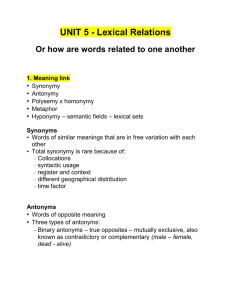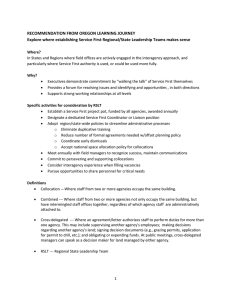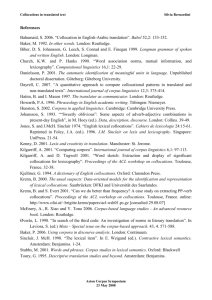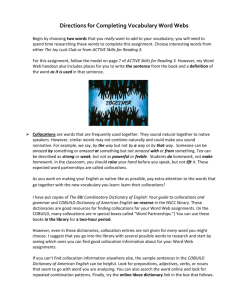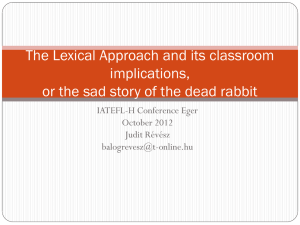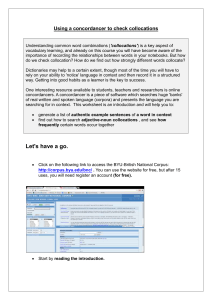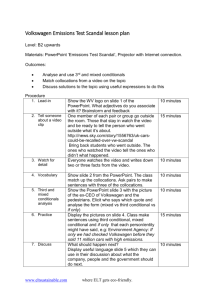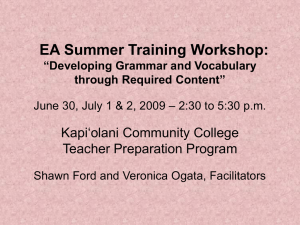lexical relations
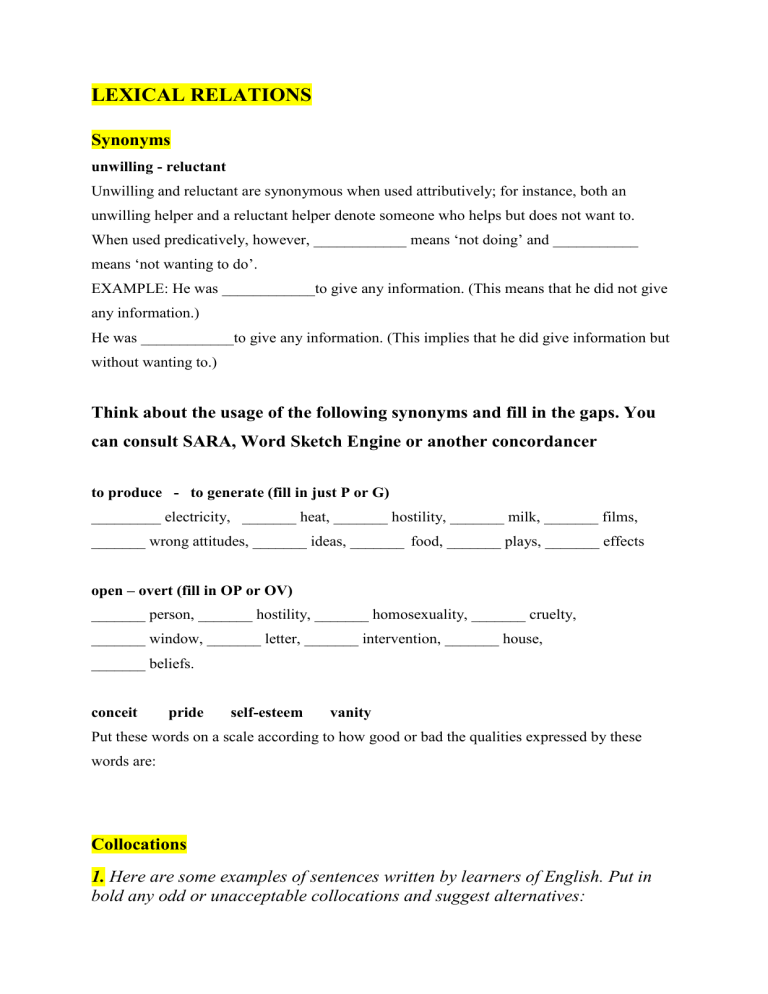
LEXICAL RELATIONS
Synonyms unwilling - reluctant
Unwilling and reluctant are synonymous when used attributively; for instance, both an unwilling helper and a reluctant helper denote someone who helps but does not want to.
When used predicatively, however, ____________ means ‘not doing’ and ___________ means ‘not wanting to do’.
EXAMPLE: He was ____________to give any information. (This means that he did not give any information.)
He was ____________to give any information. (This implies that he did give information but without wanting to.)
Think about the usage of the following synonyms and fill in the gaps. You can consult SARA, Word Sketch Engine or another concordancer to produce - to generate (fill in just P or G)
_________ electricity, _______ heat, _______ hostility, _______ milk, _______ films,
_______ wrong attitudes, _______ ideas, _______ food, _______ plays, _______ effects open – overt (fill in OP or OV)
_______ person, _______ hostility, _______ homosexuality, _______ cruelty,
_______ window, _______ letter, _______ intervention, _______ house,
_______ beliefs. conceit pride self-esteem vanity
Put these words on a scale according to how good or bad the qualities expressed by these words are:
Collocations
1. Here are some examples of sentences written by learners of English. Put in bold any odd or unacceptable collocations and suggest alternatives:
1.
His books commanded criticism from many people.
2.
There was a high difference between the two teams.
3.
I am doing this exam because I want to achieve a step in my career.
4.
He had been found guilty of some slight crimes.
5.
She won many competitions, forming fame in the process.
6.
I was very grateful, because he had rescued my life.
2. In the short text below, pick out typical or unmarked collocations of the noun
‘phone’, which might form part of its entry in a dictionary, and also any
unusual or marked collocations that the writer is using creatively. Put the
typical (unmarked) collocations in bold, and underline the unusual (marked) ones.
‘He went into a cafe and asked if he could use the phone. He dialled Sandra’s number and waited. Any second now, two hundred miles away, in Sandra’s flat, her phone, perched on its mahogany table, would ring with, he hoped, a tone of urgency reflecting his panic. But would she answer it? Or, worse still, had she disconnected it, as she sometimes did when she was working? After what seemed like an eternity it purred into life and began its regulated chirping.’
Gradable antonyms
An example of a scale:
Huge / very big / BIG / quite big / medium-sized / quite small / SMALL / tiny core average core
BIG is the unmarked form. (ex. How big is your house?)
Add the rest of the scale to each of the following gradable antonyms following the example above. Identify the unmarked form.
Hot / cold (water)
Interesting / boring (a film)
Polysemy
Complete the following examples of polysemy in English, and note the degree to which they correspond with Czech. Please do not write it down, just look it up in the dictionary and study it, realising the differences.
Example:
Heavy - food, meals, supper
rain, storm (does not exist in Czech)
drinker, eater, smoker head mouth branch hand top
Hyponymy
Construct hyponymy trees of these words, adding a more general superordinate term, co-
hyponyms, and more specific hyponyms.
Example: Chair: furniture – chair , table, wardrobe – armchair, stool, wheelchair
Nut
Skiing
Dog
